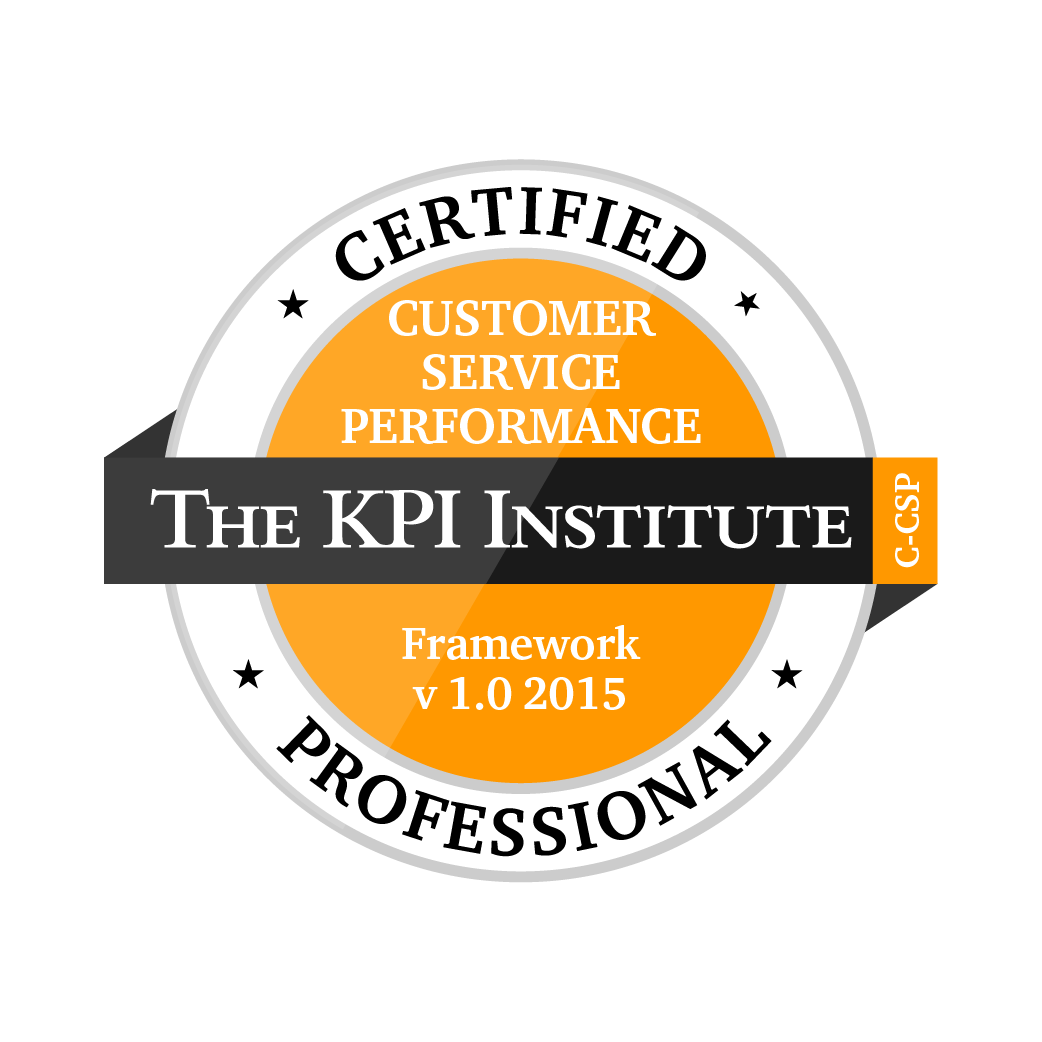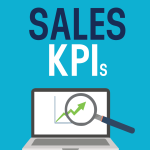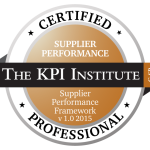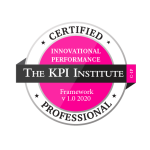Introduction
In a highly competitive market, the quality of the organization’s customer service will determine customers’ satisfaction, loyalty, increase the chances of them becoming advocates of the company and generate future revenue. This training course focuses on the entities, essentials, enablers and evaluation tools involved in a performant customer service.
The course’s approach to customer service is unique, as it includes the performance management dimension. Participants will not only understand the important role played by all the entities involved in the process, but they will also become familiar with the implementation phases of a customer service performance management architecture. Furthermore, they will be provided with the necessary tools and channels to enhance performance and measure its impact, both internally and externally.
5 Benefits
- Attain a standardized approach for your services’ performance by implementing a customer service performance strategy and system;
- Acquire a high level of versatility that enables you to react and deal with a vast range of scenarios when working with and for the customers;
- Gain competitive advantage by capitalizing on good case practices and learning from worldwide customer service best practices;
- Improve your ability to evaluate your external and internal customers’ satisfaction and take into account their feedback, in order to ensure continuous improvement;
- Get professional recognition of your customer service knowledge and skills through a Certification granted by The KPI Institute.
Learning objectives
- Understand how to implement a customer service performance culture, strategy and working system in your organization;
- Develop the channels and tools needed to sustain customer service performance;
- Create a systems thinking in customer service performance management;
- Learn how to fulfill your internal and external customers’ needs and expectations;
- Practice and improve the competencies required in different customer service settings: face-to-face, over the phone and difficult customers’ handling.
Evaluation
The certification process is finalized when completing all stages of the learning experience. You will receive a:
- Certificate of Completion (soft copy): after completing pre-course activities and passing the Certification Exam;
- Certificate of Attendance (hard copy): after participating at the three days of on-site training course;
- Certified Customer Service Performance Professional diploma (hard copy): after you have successfully completed all of the three stages of the learning experience.
1- Customer service performance overview and importance
- The importance of customer service for the company’s image and future revenue streams;
- Entities, essentials, enablers and evaluation of the customer service performance;
- The customer service team and its members;
- The implementation, sustainment and evaluation of the customer service performance.
The customer: External vs. internal customer service
- Definition and profile of the customer;
- The difference between external and internal customer service;
- Customers’ focus, needs and expectations;
- Difficult customers’ typologies and solutions.
The Customer Service Professional
- Definition and profile of the customer service professional:
- Desired attitude and mindset;
- Excellent customer interaction skills;
- Business acumen;
- Cultural sensitivity;
- Stress management.
Customer Service in Practice
- Handling complaints;
- Customer Service International standard: ISO 10002:2004;
2 –Essentials of Performance Management
Customer Service Strategy
- Customer service direction, objectives, KPIs and projects;
- Alignment of the customer service with the organization’s mission, vision and values.
Customer Service system
- Customer service performance tools:
- Desired State of Evolution;
- Strategy Map;
- Scorecard;
- Dashboard;
- KPI documentation & report forms;
- Portfolio of Initiatives.
Customer Service Performance Culture
- Pillars of a customer service performance culture:
- Change management ;
- Communication ;
- Motivation ;
- Gamification;
- Recognition.
Customer Service Performance Enablers
Channels
- Customer service performance interaction channels:
- Face to face;
- Online: web presence, e-mails, chats, social media;
- Phone.
Knowledge and Learning
- Knowledge base development and CRMs;
- Data gathering, storage and update;
- Learning and taking decisions based on experience.
Innovation
- The importance of encouraging and sustaining an innovative customer service.
Technology
- Tools, software and technological enablers to sustain the customer service performance;
- Activity: Analyze US Airways’ automatic call distributor system & IVR system.
3- Evaluation
Audit of the Customer Service Performance Maturity
- Customer Service Performance Maturity Model.
Customer Service Performance review
- Performance Management review meetings;
- Scorecard evaluation & decision making;
- Dashboard evaluation & decision making.
Customer feedback
- Tools and techniques for measuring the customer’s satisfaction, loyalty and advocacy;
- Implementation of feedback generated by the customers;
- NPS data collection and KPI calculation;
Review and certification exam
- Course review;
- Certification exam.





